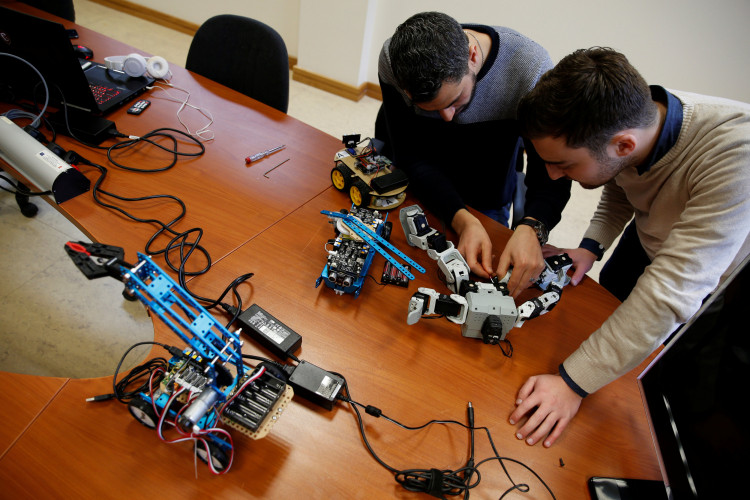Last June, tech giants like Google and Apple have sponsored an academic contest in the field of artificial intelligence. Much to the surprise of many, the winner was not an academic institution. Instead, the winner was the National University of Defense Technology which is a top military academy of Chinese People Liberations Army. This led many experts and observers to believe that China might be on par with the United States in terms of artificial intelligence research.
China winning this particular challenge is a testament to the country's growing interestand supremacy when it comes to the development and research of artificial intelligence. In 2017, the Chinese government announced that it is adopting a new strategy and approach when it comes to artificial intelligence. The country aims to rival, if not surpass, the United States in artificial intelligence by 2020. Based on the latest data gathered regarding the output of both Chinese and U.S. researchers towards artificial intelligence, it would appear that China is well on its track with its promise.
An analysis recently released by Allen Institute for AI revealed that China's share of some of the top publications in artificial intelligence is rapidly approaching that of the United States. Moreover, it would appear that Chinese researchers have published more research papers on artificial intelligence compared to their U.S. counterparts. This has been the trend for the past several years. According to the data gathered by Allen Institute, if the current trend continues, both China and the United States will produce an equal number of top AI publications come 2020.
The data analyzed by Allen Institute comes from more than 2 million research publications on the subject of artificial intelligence through the end of 2018 using its Semantic Scholar academic engine. Based on the data, China is well on its way to becoming a powerhouse when it comes to research in the field of artificial intelligence.
Allen Institute researchers have cited a handful of reasons as to why US artificial intelligence researches have stagnated. One particular factor the researchers pointed out is the US' decision to stiffen immigration policies.
The researchers wrote, "Recent US actions that place obstacles to recruiting and retaining foreign students and scholars are likely to exacerbate the trend towards Chinese supremacy in AI research."
In February, US President Donald Trump signed an executive order called the American AI Initiative. The main idea behind the executive order is to "devote the full resources of the federal government" in order to help the development of AI innovation in the country.





